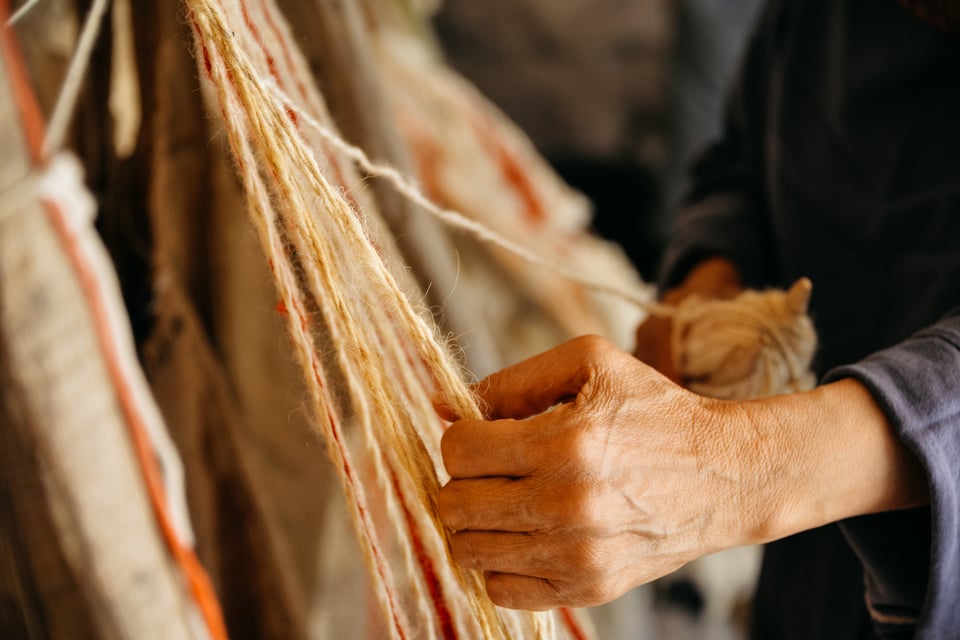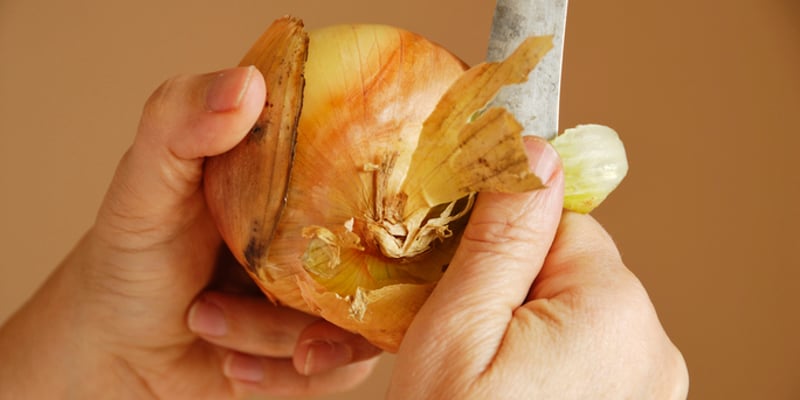The Women of the Tabernacle
Written by Erica Golden
What can we learn from the wonderful example of women who willingly contributed to the work of preparing for God’s tabernacle?

It’s fascinating to look at the various roles that women have in the Bible. At some junctures it almost seems they are ignored, the men being the ones in roles of importance. Their wives or daughters are generally mentioned as afterthoughts, except when they do something awful or something awful happens to them. We know that women were active, but frequently behind the scenes, raising children and keeping households running.
But then every once in a while, a mention of women in roles outside those stereotypical contexts tests our assumptions about their roles in ancient Israel.
One example is found in the construction of the tabernacle toward the end of the book of Exodus. Not long after the children of Israel came out of Egypt, crossed the Red Sea and were given the 10 Commandments, God instructed Moses and the Israelites to build Him a temporary dwelling—a tent that would symbolically hold His presence and could move with them as they journeyed from place to place.
Building God a tent
But this was no ordinary tent. As we read through descriptions of the curtains, the hangings, the priestly garments, the ornate lampstand, the altars and all the gold-plated articles, we see that obtaining all the needed materials and fashioning this dwelling place for God were not simple tasks. Yet this was one of only a handful of times in the history of ancient Israel when we see them really giving their all and doing as God has commanded.
Interestingly, in the midst of the discussion of the generosity of the people, we see a unique and vital role that women played in the building of the tabernacle.
“All the women who were gifted artisans spun yarn with their hands, and brought what they had spun, of blue, purple, and scarlet, and fine linen. And all the women whose hearts stirred with wisdom spun yarn of goats’ hair. … The children of Israel brought a freewill offering to the LORD, all the men and women whose hearts were willing to bring material for all kinds of work which the LORD, by the hand of Moses, had commanded to be done” (Exodus 35:25-26, 29).
Let’s take a closer look at what is said of these women.
- They were gifted artisans. In the land of Egypt, which Israel had just left, it was mainly men who were considered artisans, expert craftsmen who created the goods that the rest of society wanted to purchase. However, women were occasionally found in the fields of perfumery and weaving, as we see here. These Israelite women had great skills that they had honed and practiced for years preceding this, not knowing that they would ever leave Egypt, let alone make a tabernacle for God! Yet God knew that these artistic talents would be needed, and He made sure that there were enough people with the skills to fill the need.
- Their artistic service was made possible by wisdom. They used what they had, possibly even fashioning simple distaffs out of wooden sticks. They spun yarn out of the highest-quality material they had available, goats’ hair, which was well-known at the time for its durability. The description of their hearts being “stirred” with wisdom seems to imply that they already had the wisdom, but God’s working in their lives gave that wisdom direction.
- They had willing hearts. These women longed to see the beautiful tabernacle built, and they wanted to be a part of that building process. Imagine being one of the women spinning blue thread and knowing that your thread would be used in making the garments of the high priest, to be passed down for generations to come! Yet this was clearly not eagerness based on pride or desire to brag about their contributions, but an earnest desire to be involved in the work of God.
Artisans for God
So what about us? Do we ever feel that our contributions are somehow not good enough? That because our roles are different, they are somehow inferior? That God just hasn’t given us the gifts that we feel we should have or that we wish we had?
Let’s remember the women of Israel who practiced and perfected the skills God had given them long before they knew why He had given them these abilities. Let’s seek to develop wisdom to use the raw materials in our lives to create something beautiful.
And let’s cultivate willing hearts, simply seeking to contribute to the work of God and the house of God—His people—in whatever ways we can.










